
Bringing together a motley crew of social scientists and data scientists, the aim of this special theme issue of Big Data & Society is to explore what an integration or even fusion between anthropology and data science might look like.

“All research is qualitative; some is also quantitative”
Harvard Social Scientist and Statistician Gary King

From transforming the ways we do business and reimagining health care, to creating planet-restoring housing and humanizing our digital lives in an age of AI, Expand explores how expansive thinking across six key areas—time, proximity, value, life, dimensions, and sectors—can provide radical, useful solutions to a whole host of current problems around the globe.
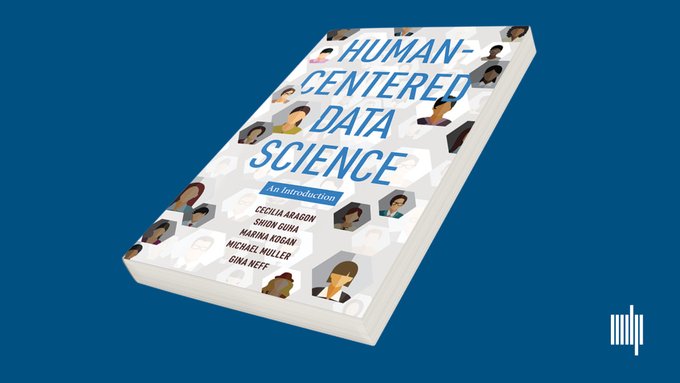
Best practices for addressing the bias and inequality that may result from the automated collection, analysis, and distribution of large datasets.

It’s easy to assume that because some data is “personal”, protecting it is a private matter. But privacy is both a personal and a collective affair, because data is rarely used on an individual basis, writes Carissa Véliz in the New Statesman.
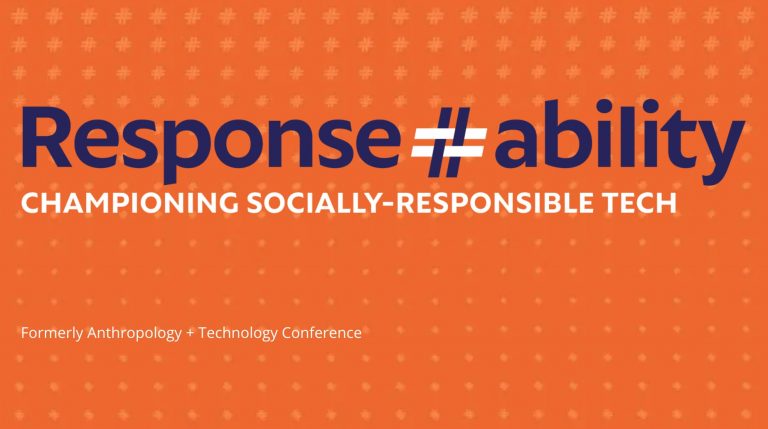
The Response-ability Summit, formerly known as the Anthropology + Technology Conference, is a unique two-day event that brings social scientists and technologists together to foster interdisciplinary conversations on the important topic of socially-responsible tech.

In Human-Centered AI, Professor Ben Shneiderman offers an optimistic realist's guide to how artificial intelligence can be used to augment and enhance humans' lives.
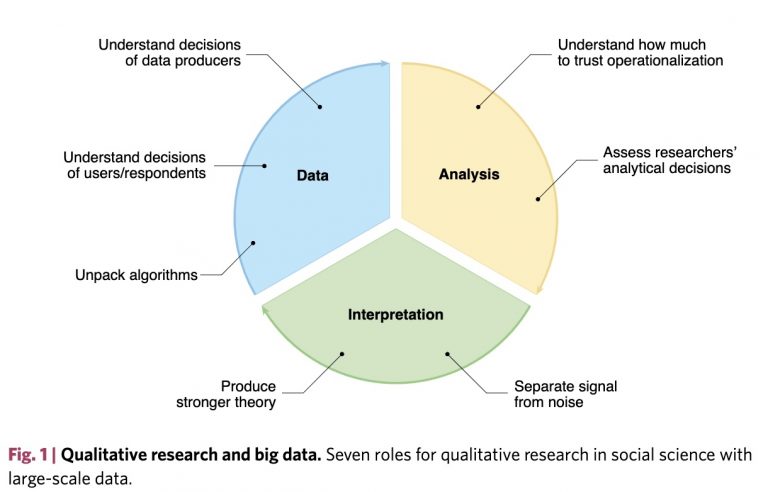
Although large-scale data are increasingly used to study human behaviour, researchers now recognize their limits for producing sound social science. Qualitative research can prevent some of these problems. Such methods can help to understand data quality, inform design and analysis decisions and guide interpretation of results.

Haptics devices probably won’t ever live up to their promise to replicate physical contact, writes David Parisi (associate professor, College of Charleston) in the online Real Life magazine.

A vivid look at China’s shifting place in the global political economy of technology production by ethnographer Silvia M. Lindtner

Analysis of the outcomes of the French repairability index, how it affects repairers and how consumers feel about it.
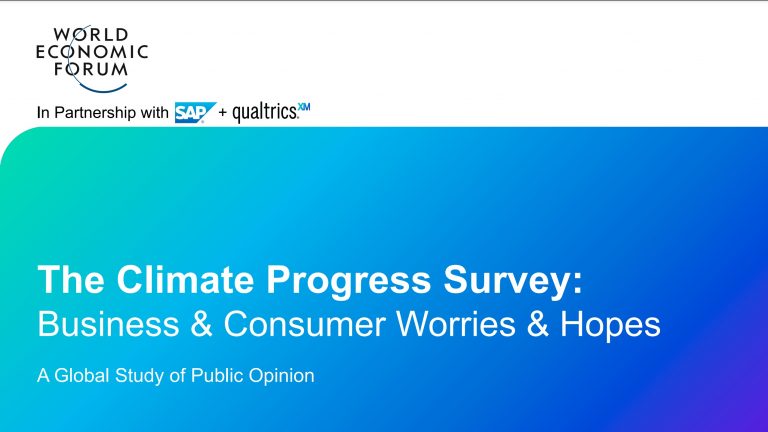
A study by the World Economic Forum, Qualtrics and SAP suggests we are far from reaching a consensus about who is responsible for taking action on climate change and who is trusted to do so
Results suggest 81% of people say businesses are primarily responsible for taking action on climate change, yet only 28% trust businesses’ claims about sustainable practices.
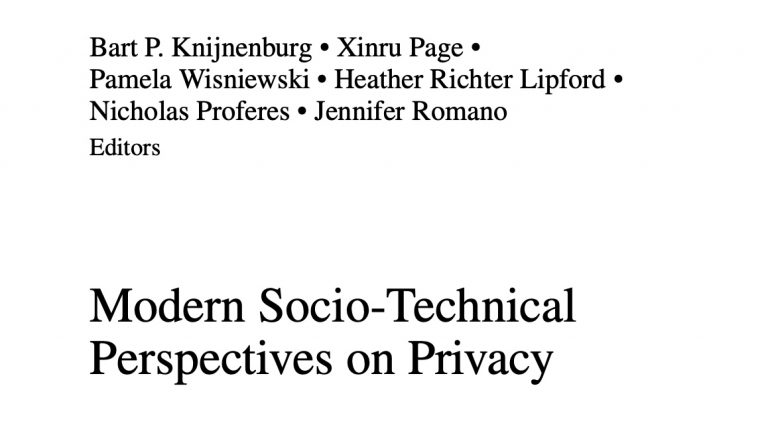
Provides a foundational understanding of technical and social aspects related to online privacy
Covers modern application areas as well as underexplored issues (e.g., privacy accessibility, cross-cultural privacy)
Includes a dedicated part on forward-looking approaches to privacy that move beyond one-size-fits-all solutions.

Conspiracy theories and misinformation about QAnon, COVID-19 and 2020 election fraud took a deadly turn in 2021. As bad as things were last year, experts worry it'll get worse in 2022.

With this product, writes anthropologist Sally Applin in MIT's Technology Review, "Facebook is claiming the face as real estate for its own technology."
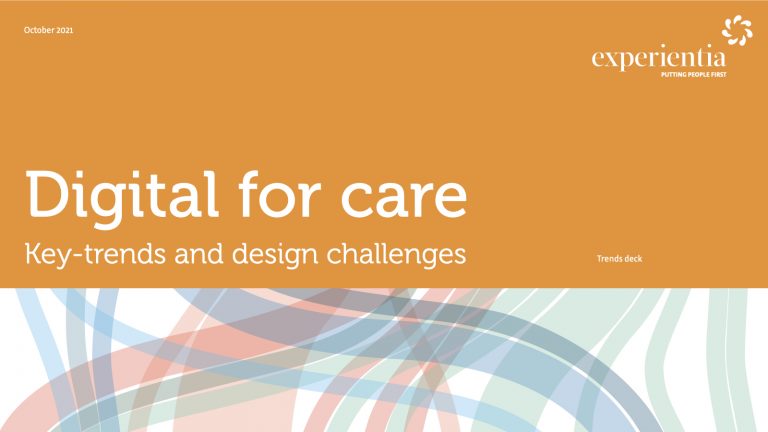
Download free Experientia report on key trends and design challenges in home and remote care when patient and caregivers use online platforms and on-body health devices
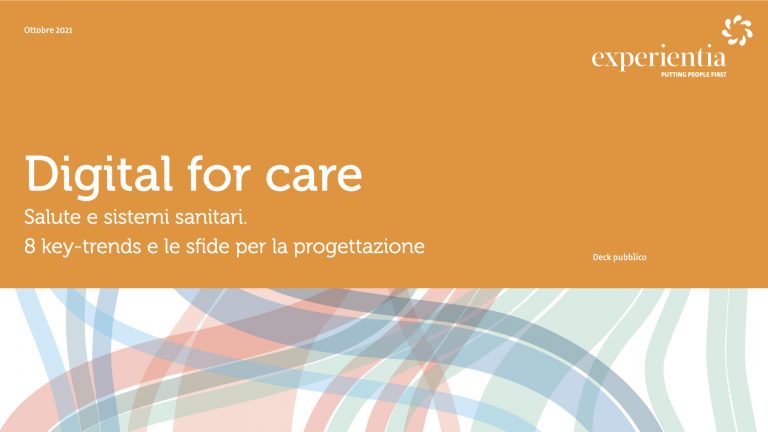
Rapporto gratuito su tendenze chiave e sfide di design nell'assistenza a domicilio e a distanza quando il paziente e i caregiver usano piattaforme online e dispositivi per la salute.

People care and act to manage their privacy, but face steep psychological and economic hurdles that make not just desired, but also desirable privacy nearly unattainable. Approaches to privacy management that rely purely on market forces and consumer responsibilization have failed.
- AI, Conference, Education, Educational services, Experientia, Experientia, Health, Healthcare, Italy, Jan-Christoph Zoels, Mobility, Public services, Technology (general), Turin
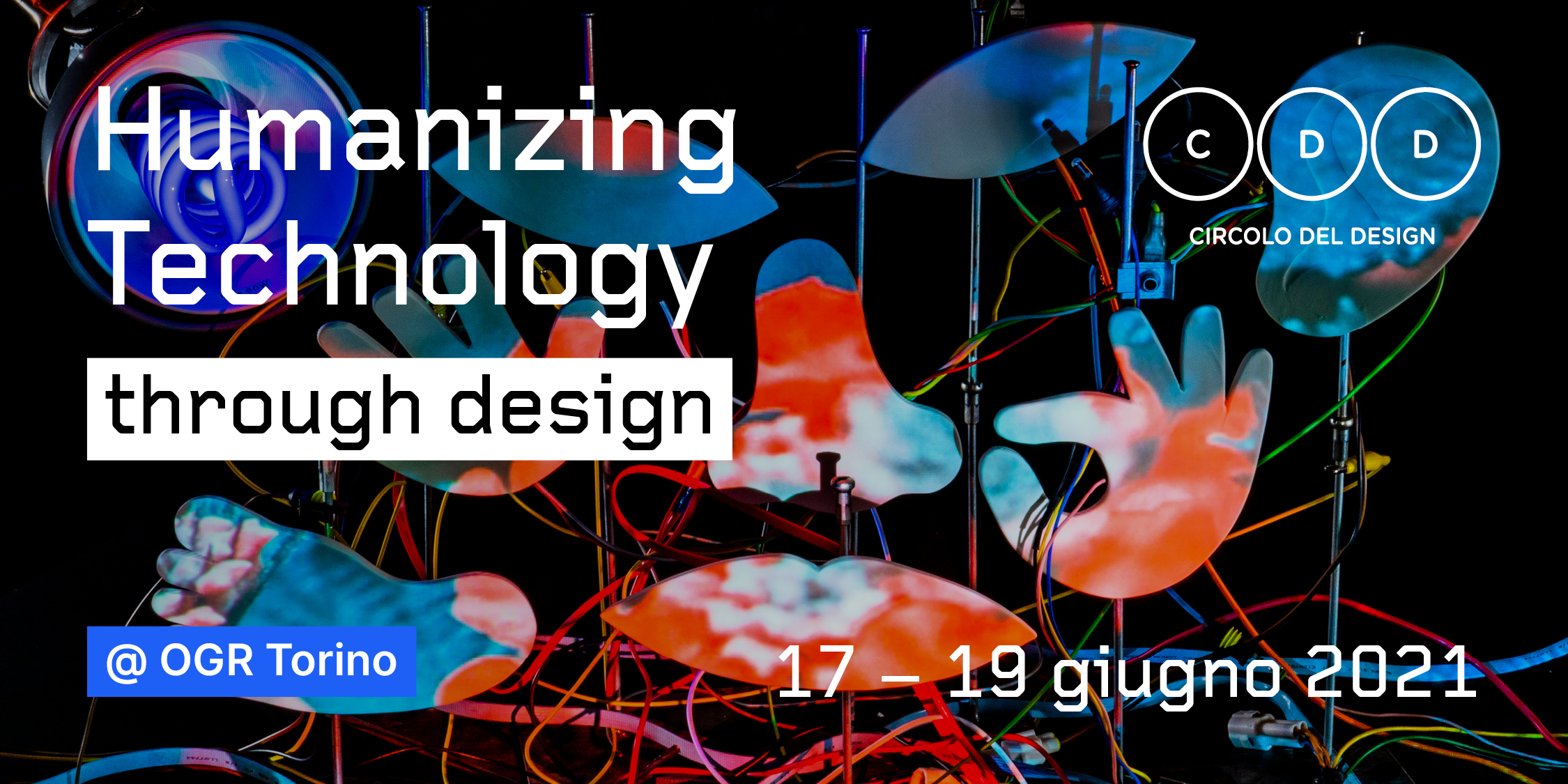
Curated by Experientia partner Jan-Christoph Zoels and Sara Fortunati, director of the Torino Circle of Design, the conference dealt with the best international practices about the humanization of technology. It was structured into six different thematic sessions: ethics, public services, healthcare, AI, mobility and learning. All videos are now available, with English subtitles.

But scientists are getting better at measuring where each system fails.




















